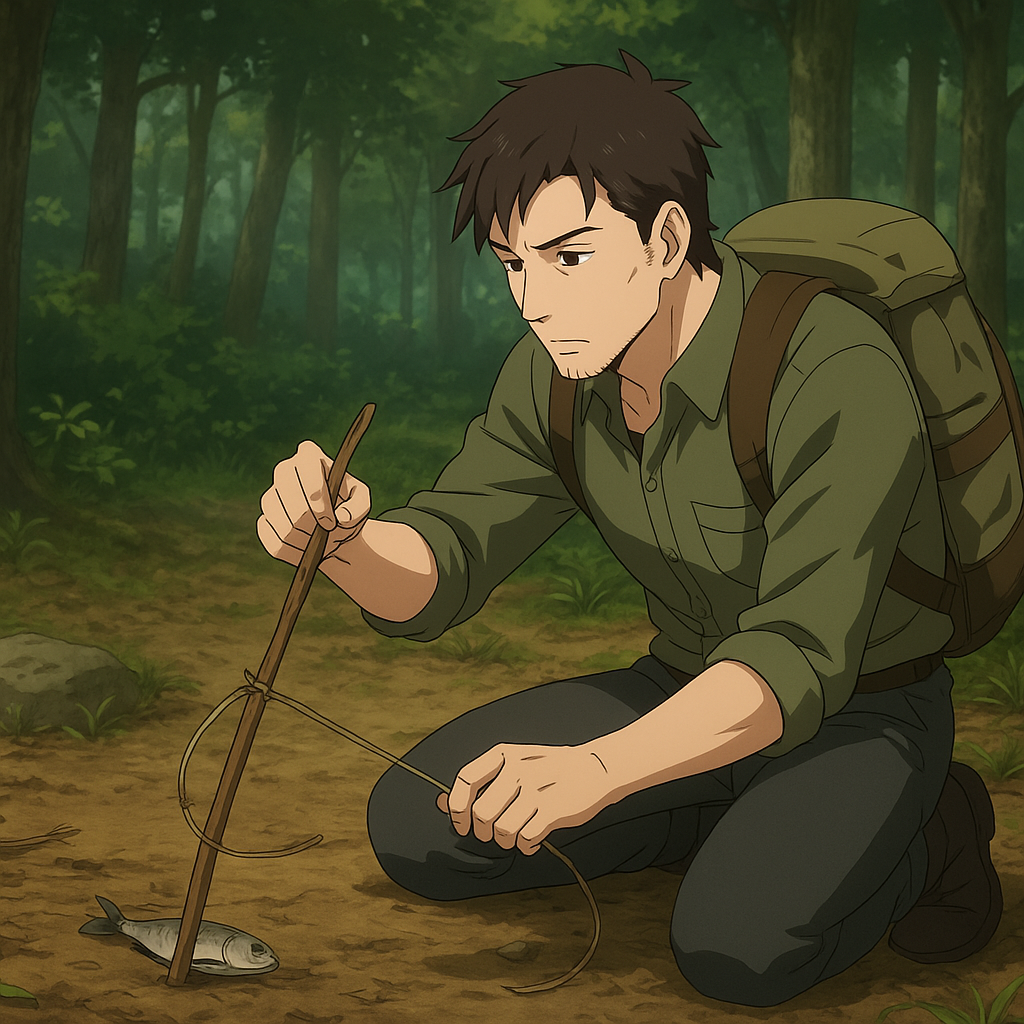When you’re in a survival situation, food may not be your first priority compared to water or shelter, but after a couple of days your body will begin to weaken without it. That’s why knowing how to secure food in the wild is an essential skill for long-term survival.
Understanding Edible Sources
Nature provides multiple potential food sources, but identifying safe ones is critical. Some wild plants, berries, and mushrooms may look edible but can be toxic. A general survival rule is to avoid eating anything unless you are 100% certain it is safe. Carrying a basic field guide to edible plants in your region can greatly increase your chances of avoiding poisoning.
Fishing Techniques
Water sources often provide one of the most reliable ways to obtain food. If you have fishing gear, you’re in luck — but even without it, you can fashion hooks from bones, safety pins, or carved wood, and use worms or insects as bait. Fish traps made from rocks or woven branches can passively catch fish while you conserve energy.
Building Simple Traps
For land-based protein sources, knowing how to set basic snares and traps can make the difference between going hungry and staying nourished. The simplest snare uses a loop of cordage placed on a small animal trail. More advanced traps like deadfalls require precision but can yield better results. These methods require patience and practice, which is why survivalists often rehearse these skills long before they ever need them.
Insects as a Food Source
Though it may seem unappealing, insects are one of the most accessible and protein-rich food sources available in the wild. Grasshoppers, crickets, and certain larvae can be eaten after roasting. They are far safer to eat than unidentified plants or mushrooms.
The Importance of Energy Conservation
When searching for food, always weigh the energy you will spend against the energy you might gain. Chasing large animals, for example, often burns more calories than you’ll recover. That’s why setting passive traps or fishing while you focus on other survival tasks is usually the most efficient strategy.

